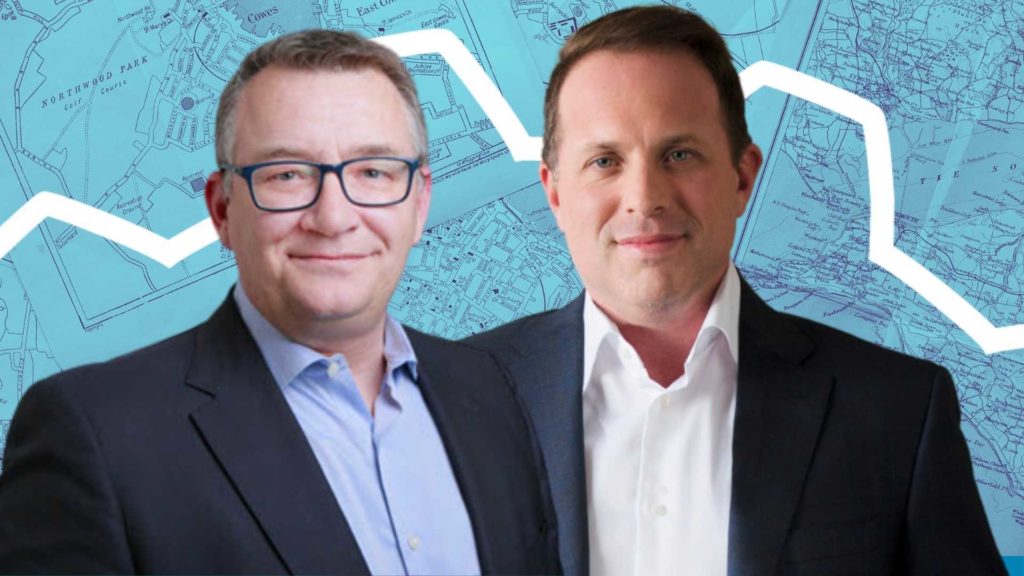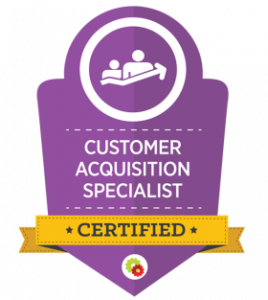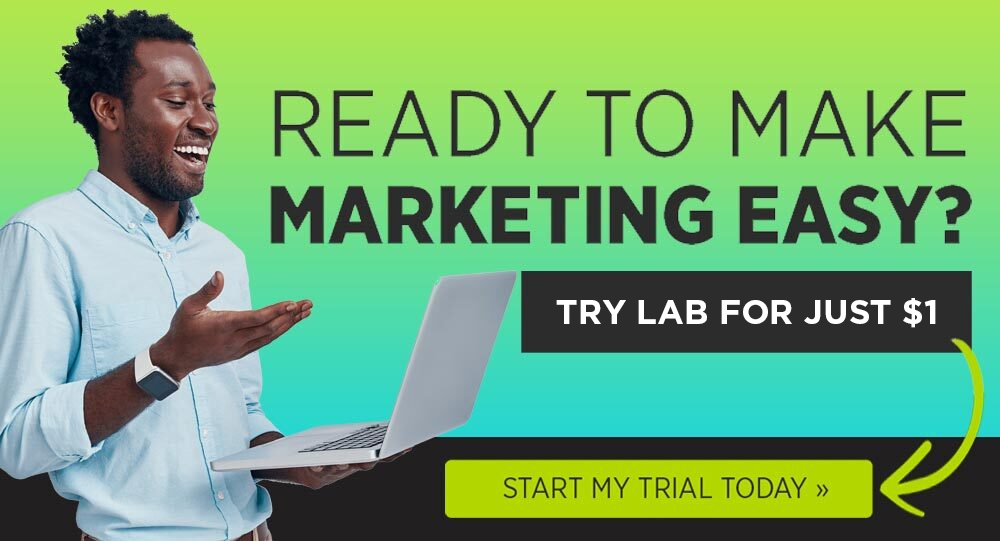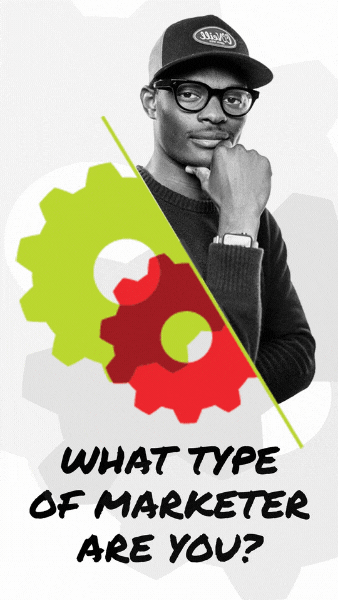

Essentially an empathy map is a process where you’re going to actually work, talk about, or discuss and document someone else’s point of view.
It’s their perspective, it’s their belief system, it’s their emotions, it’s their worldview.
We are trying to dial all of these components to build a foundation for everything we’re going to be doing on the advertising side.
Advertising Costs Money, Right?
Since advertising costs money (lots of money in some cases), you want to be able to try and do your utmost to hit the mark as quickly as you can out of the gate. This is where a lot of the greatest click-through rates will come when you understand what the process is.
It allows you to go beyond superficial stuff, and really try and get an understanding of what your client’s environment is like at the moment.
For example, I was talking to a client in the divorce space, a highly emotional area, but in this case, it was from the woman’s perspective.
What is actually going on within this particular circumstance that a woman could be in? It was particularly insightful to understand what their daily worldview looked like so we could get inside what’s really going on.
What Does “Getting Inside” a Worldview Mean?
It focuses on six main questions:
- What does she see here?
- What does she think?
- What does she say?
- What does she do?
- What is her pain?
- What is the gain she’s looking for?
Again, it’s all about going through this in an interactive process, which we’re going to do today to understand what it is.
For example, what does she see? What does it look like? What does this problem look like? What is it? What surrounds her from day to day? What kind of office is she seeing? What kind of research? What kind of things is she looking at on YouTube? What problems does she actually encounter with what she sees? Where’s the conflict going on inside her mind? What does she hear? This is what her family says. This is what her friends say. Who is really influencing her, in her day to day? Is it the internal chatterbox? If so, what is that internal chatterbox telling her?
We’re all trying to figure out as much as possible because you can’t possibly interview a 100 or 400 people unless you have an epic market research budget. But you don’t need to!
You can find a lot of these answers just by doing some online research.
Where to Conduct Market Research
For example, YouTube. YouTube is a fantastic resource. Other resources where you can find this kind of information are Facebook Groups. If you just plug yourself into the right Facebook groups, you’ll find out information about what’s really going on.
You would be shocked at how many people have their own Facebook Groups for their business and don’t actually read the conversations that are going on them, even though they could tell you exactly what the pain points are of the people in their business.
If you don’t have a Facebook Group going, no problem.


Do You Want to Become A Master Media Buyer?
Become One Of The Most In-Demand Media Buyers On The Market. Get Certified »
All you have to do is put any keyword into the search bar in Facebook, no matter what industry you’re in, and add yourself to the group and just go look for an hour at the things that people say and the questions that they ask. It will write your copy for you.
Again, you’re doing your utmost to try and figure out what’s really going on in your ideal customer’s mind, right? What’s, what’s really going on? What’s important to her? Try to imagine her motions, this is the important one. What moves her? What moves him forward?
What is happening at the emotional, core, gut, and amygdala types of emotion? What does she think? What is she looking for? What’s really driving? What’s in their dreams and aspirations?
Pay particular attention to any conflict that might be going on. Again, conflict is giving a sign that there’s a sort of yin and yang situation, where the perfect avatar is being pulled in one direction or the other.
Often, for example, in an agency, one of the things you would say is they are frightened of looking like an idiot in terms of making a mistake in the decision. If that’s what they’re feeling, that could be the environment that they’re working in, particularly in a larger company.
Again, the big obvious ones in there are:
- What is their pain?
- What are their biggest frustrations?
- What are the things that are stopping them from moving forward?
That’s going to give you examples of tripwires that you can use in your marketing, particularly on your funnel side.
What Risks is Your Target Customer Facing?
What are the risks your client is facing? What’s the number one risk that they might fear taking on?
That may be just one hook or one angle that you can use within an ad that will make the difference between a 0.5% click-through rate and a 2% click-through rate.
When we have people who come in and focus on weight loss, for example, the average weight loss ad that we see is something along the lines of:
“Hey, do you wanna lose five to 10 pounds in the next 90 days with having to change your diet?”
That’s a standard sort of lead-in on a weight loss ad.
When we actually go through an exercise like this and we say, “Are you sick and tired of walking into your closet and having that little black dress that you haven’t put on in 2 and 1/2 years, staring you in the face saying, “I miss you. When are we gonna get back together? When are you gonna be able to wear me again?”
I want to be the person that I was three years ago. I wanna look and feel like the best of my abilities, but gosh, that little black dress just stays on that closet shelf year after year after year, reminding me of what I used to be.
All of a sudden, you have a completely different conversation. That’s a completely different conversation in their mind around the frustration of that little black dress mocking them every single day they walked in their closet. One of those is facts and figures.
One of them is a punch right in the solar plexus, and when you can write with a punch right to the solar plexus and get inside the conversation that’s happening in their mind, that’s the difference.
















